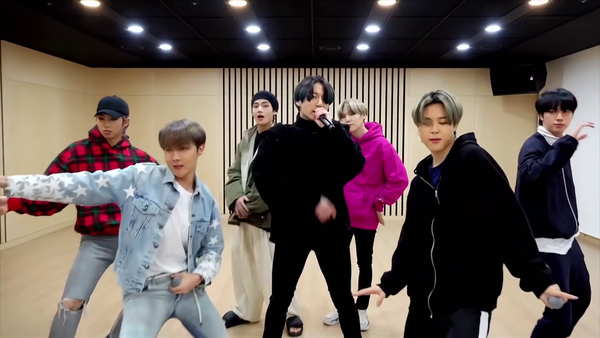In the three months since COVID-19 was declared a worldwide pandemic, many sources of entertainment have been out of reach. As people mostly remain at home, audiences have been unable to watch new movies in cinemas or attend the concerts of their favorite bands. Aside from that, people also cannot go to work, so the production of movies and television shows has halted until further notice. With both the demand and supply sides of entertainment stuck at home, how has the entertainment industry adjusted its working model to ensure its survival?

One of the most important changes was in how entertainment is delivered to audiences. The film industry is now relying even more on streaming services such as Netflix and Amazon Prime Video. Although blockbusters like Marvel Studios’ Black Widow postponed their release to later dates, some movies such as Trolls: World Tour pushed through by releasing in theaters as well as streaming sites simultaneously to maximize their audience. But with the production of future movies unable to resume, it is likely that the film industry will run out of new releases for people to stream at home should the pandemic’s effects continue to be felt for the rest of the year.
On the other hand, the television industry has had to employ a different approach to the disruption. Since people are spending more time on the couch and in front of the TV, the demand for television content is higher than ever. TV networks with shows that churn out content continuously are resorting to a work-from-home approach. For instance, the CBS drama All Rise produced and aired a “virtual episode”, filmed entirely via video conferencing software such as Zoom by the actors in their own homes. Even talk shows and news broadcasts are taking advantage of such software to continue conducting interviews. The Voice US, where contestants are meant to perform live on-stage in front of the coaches, instead continued with filmed-at-home performances while the coaches tune in through video conferencing. Although the quality of these shows is not as high as it would be under normal circumstances, they can at least avoid a shortage of content for viewers.
Similarly, the music industry has also been using a work-from-home model during the pandemic. For example, musical duo Twenty One Pilots released “Level of Concern” in April, a song written and recorded by the pair in their own homes while under quarantine. Many musicians have also been live streaming at-home concerts on platforms such as Instagram and YouTube. The world-famous K-pop group BTS, whose entire 2020 world tour was postponed, instead held “BangBangCon The Live”, a pay-to-watch online concert where the group performed their hits without a live audience. While these live-streamed concerts are not as flashy and epic as on-stage performances in front of huge audiences, they give fans an intimate glimpse into their favorite musicians’ ordinary lives at home — which is, in a way, a different kind of entertainment altogether.
Home entertainment has always accounted for a big portion of the entertainment industry, especially with the increasing popularity of social media and streaming services. This shift has only been accelerated by the pandemic, with audiences having no choice but to consume entertainment at home. What’s unprecedented, however, is the rise of “door-to-door” entertainment, where entertainers produce content at home and, through technology, deliver it straight to their audience’s homes as well. As the end of quarantine remains to be determined, the quality of door-to-door entertainment is only expected to improve, as entertainers find ways to produce better content. But, once the pandemic is over, will this brand of entertainment continue to thrive because of the convenience it has provided? Or will it simply fade away as it outlives its usefulness in a quarantine-free world? For now, we cannot tell for sure, but we’ll eventually find out — and hopefully soon.

